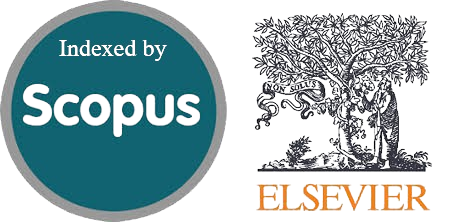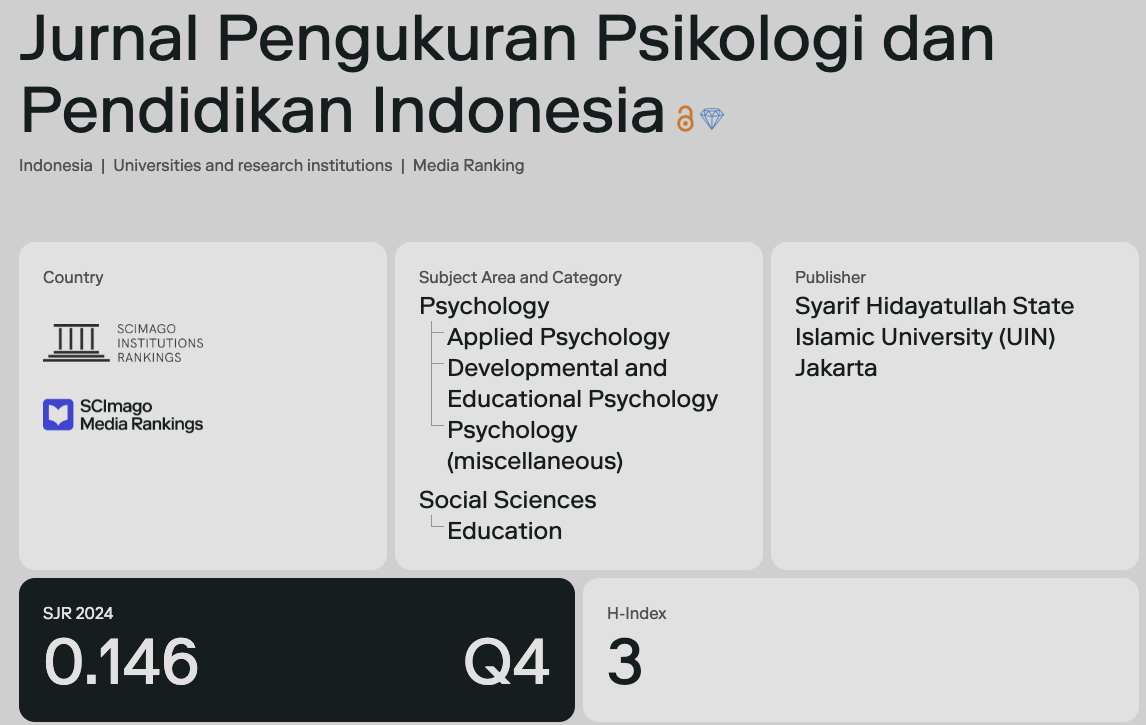Screening Plagiarism
JP3I (Jurnal Pengukuran Psikologi dan Pendidikan Indonesia) upholds the highest standards of academic integrity and only considers original and unpublished scholarly work. Submitting a manuscript to JP3I signifies that the work has not been published elsewhere and is not under review in another journal or publication.
1. Plagiarism and Self-Plagiarism
Plagiarism is defined as the use of text, data, or findings from another source without proper acknowledgment, while self-plagiarism refers to the unauthorized reuse of an author's own previously published content without appropriate citation or disclosure. Both are considered serious violations of ethical publishing practices.
To maintain the originality and integrity of published work, JP3I employs plagiarism detection tools to screen all submitted manuscripts. This ensures that instances of text recycling, improper citation, or duplication are identified before publication.
Similarity Requirements:
-
The plagiarism/similarity score of the manuscript must be below 20%.
-
Manuscripts exceeding this threshold will be rejected or returned to the authors for revision.
Authors uncertain about best practices for avoiding plagiarism and self-plagiarism are encouraged to refer to academic integrity guidelines from reputable institutions, including:
- Plagiarism.org
- Massachusetts Institute of Technology (MIT)
- Stanford University
- University of Toronto
- Université Paris-Saclay
2. Duplicate (Redundant) Publications
Duplicate or redundant publications occur when an author submits or publishes substantially the same work in multiple venues without proper cross-referencing. This includes overlapping assumptions, data, discussions, or conclusions.
If an article has been previously published in another language, full disclosure of the original source must be provided at the time of submission. Similarly, if an abstract has appeared in a conference proceeding, it may still be submitted to JP3I, provided that the prior publication is fully cited. For more details, authors can refer to of COPE’s Guidelines on Good Publication Practice.
If any previously published content is found in a submission without proper attribution or necessary permissions, the Editors-in-Chief will contact the authors for clarification. JP3I follows COPE’s official guidelines in handling such cases. Different COPE procedures apply when plagiarism is identified in a published article.
3. Preprint Policy
Authors submitting to JP3I may upload their Author’s Original Manuscript (AOM) to a non-commercial preprint server (e.g., arXiv, PeerJ Preprints, HAL) at any stage before acceptance. However, the preprint platform must allow authors to retain full copyright and re-use rights.
A citation linking to the original preprint version must be included in the manuscript at submission or during the review process.
Once an article is officially published in JP3I, authors are encouraged to update their preprint version with a link to the final published article to enable readers to access, cite, and refer to the peer-reviewed version while ensuring compliance with licensing requirements.
JP3I does not consider manuscripts that have already been formally published or are under active review in another journal or book.








